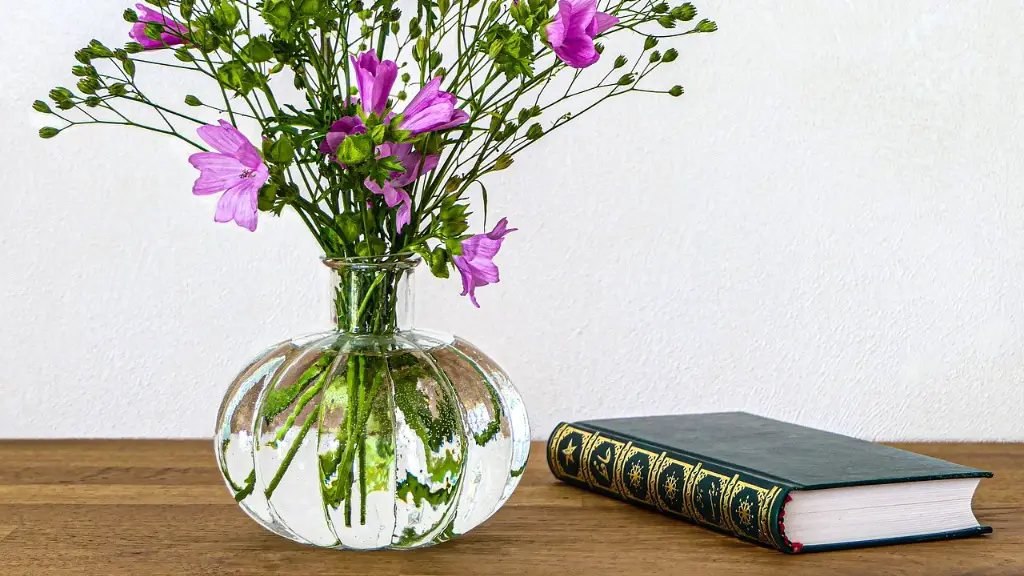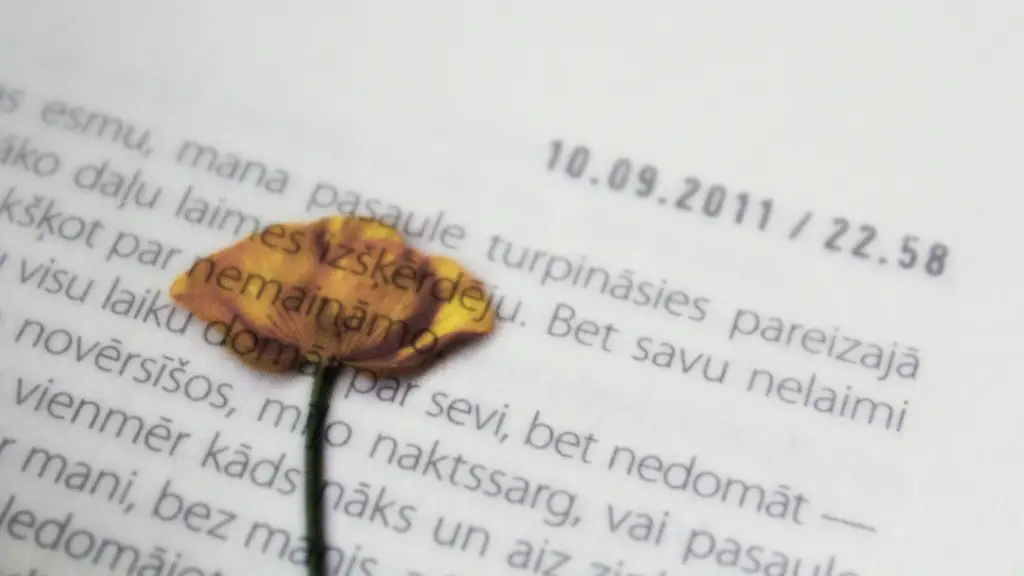Spoken word poetry is a powerful literary tool that is becoming increasingly popular in today’s society. There are many reasons why spoken word poetry is considered especially impactful when compared to other methods of storytelling.
For starters, spoken word poetry is capable of conveying powerful emotions and messages. For example, some spoken word poets use words of sadness to describe despair, while others use uplifting words to spread positivity. It can also be used to tackle powerful topics such as racism, gender inequality and social injustice. This is due to its passionate delivery and ability to capture the attention of an audience. Consequently, spoken word poetry is widely used as a form of social and political protest.
Furthermore, spoken word poetry can evoke a strong emotional reaction from the audience. This is because a spoken word poet conveys their feelings and emotions with passion and intensity. As such, it can be highly emotional and impactful for listeners. It is also believed that spoken word poetry can break down barriers between performers and listeners, as there is something very intimate about the delivery of a spoken word poem.
Finally, spoken word poetry is an inclusive art form which allows people to express their opinion without the need for extensive training or skill. This means that anyone can express their opinion through spoken word poetry, regardless of their background or experience. This allows for a wide range of voices to be heard, and is one of the reasons why the genre has become so popular in recent years.
Popularity of Spoken Word Poetry
The popularity of spoken word poetry can be attributed to its emotive qualities and increasing availability in media outlets. It has been increasingly used in films, television and theatre, which has exposed it to wider audiences. As a result, spoken word poetry has been embraced by both traditional and contemporary audiences alike. It has also gained greater recognition as an art form, with spoken word poetry competitions becoming more and more popular. This has led to a growing number of spoken word poets, which has in turn increased its popularity.
Role of Social Media
Social media also plays a pivotal role in the popularity of spoken word poetry. Platforms like YouTube and Instagram are used as a medium for spoken word poets to share their work with a wider audience. This allows spoken word poets to reach global audiences and receive immediate feedback on their work. It also provides easier access to spoken word poetry, which can be beneficial for performers and listeners alike.
Responsibility of Spoken Word Poets
Despite the importance of speaking out with their poetry, spoken word poets have an ethical responsibility to remain respectful and thoughtful of their audience. Failure to do so can be especially damaging given the intensity of spoken word poetry. As such, spoken word poets should strive to use their respective platforms responsibly when conveying their work and opinions.
Conclusion
Overall, spoken word poetry is an empowering form of expression with the potential to evoke strong emotional reactions from audiences. Its passionate delivery and emotional storytelling has made it one of the most popular forms of performance art today. Additionally, its increasing availability and use of social media has opened up new opportunities for spoken word poets to reach wider audiences. It is up to spoken word poets to use this platform responsibly however, as a careless approach could easily lead to damaging repercussions.


